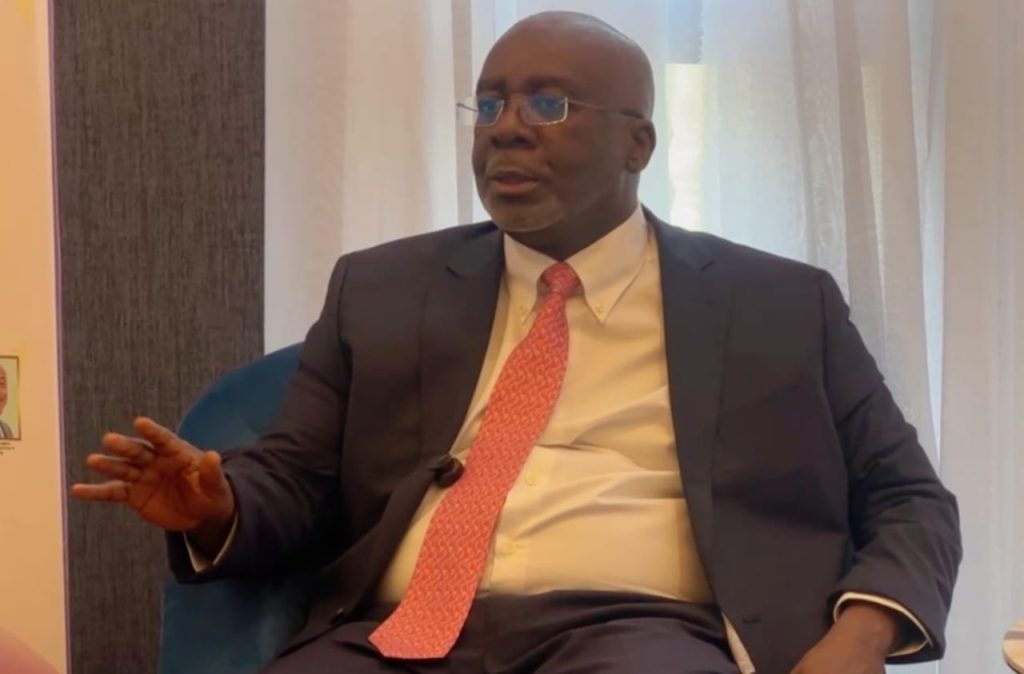In the aftermath of a significant political crisis, Speaker J. Fonati Koffa of Liberia has taken steps to mend relations with dissenting lawmakers who recently sought his removal. Following a failed bid to oust him, Koffa called for dialogue during a press conference on October 21, 2024. He emphasized the importance of negotiation over confrontation, aligning his views with those of U.S. Ambassador Mark Toner. Koffa portrayed the members of the House of Representatives as a family, acknowledging their disagreements but asserting a shared commitment to the Liberian people. He expressed regret over the previous tumult at the Capitol Building, promising to restore order and rebuild trust in the legislature as the first branch of government.
Deep-seated concerns among lawmakers have triggered tensions, particularly regarding Koffa’s alleged conflicts of interest linked to his consultancy roles. These issues culminated in a motion for a vote of no confidence against him. In response, Koffa has expressed optimism that collaborative dialogue could pave the way for resolving the ongoing discontent. Despite the challenges, he remains dedicated to addressing grievances to ensure the legislative body can regain the confidence of the public. His incoming discussions with other lawmakers will aim to unite the House amidst the growing discontent.
Moreover, the Liberia Anti-Corruption Commission (LACC) has launched an investigation into claims of bribery related to the attempted ousting of Koffa. Allegations have surfaced about a sizeable sum of US$750,000 being available to certain lawmakers through the Ministry of Transport and the Liberia Water and Sewer Corporation. This inquiry brings to light the perceived corruption within the political landscape and raises questions about the integrity of the House of Representatives. Koffa’s administration is thus placed under scrutiny as the investigation unfolds, mirroring the chaotic atmosphere that often characterizes political maneuverings in Liberia.
Koffa’s commitment to dialogue highlights a more amicable approach amid a fractious political environment marked by splintered alliances and factions within the ruling party. As he seeks to engage those with differing viewpoints, his administration may be working towards restoring a sense of unity among members of the legislature. The Speaker hopes his proactive approach will transform tense interactions into productive endeavors aimed at legislative reconciliation and improved governance for the country. This shift from confrontation to negotiation could signal a potential turning point in how political disputes are handled in Liberia’s precarious governance landscape.
As the situation evolves, the implications of Koffa’s strategic outreach may influence not only his leadership but also the broader political climate in Liberia. Legislative bodies often face internal conflicts, leading to crises of authority and governance. With Koffa recognizing the growing dissatisfaction among colleagues, his conciliatory approach could serve to defuse tensions and avert further destabilization. The forthcoming discussions with disgruntled lawmakers will be a crucial test of his leadership and negotiation skills, which will ultimately reflect on the overall effectiveness of the House of Representatives.
In conclusion, Speaker J. Fonati Koffa’s appeal for dialogue presents a strategic, potentially transformative response to the challenges faced within Liberia’s legislature. His attempts to engage disgruntled lawmakers amid allegations of misconduct and political maneuvering highlight the delicate nature of governance in Liberia. Strong leadership will be essential in navigating the complexities of these challenges while fostering trust and integrity in the political system. As the investigation by the LACC proceeds, the outcomes of Koffa’s negotiations may prove pivotal in shaping Liberia’s political future and restoring public confidence in its institutions.














